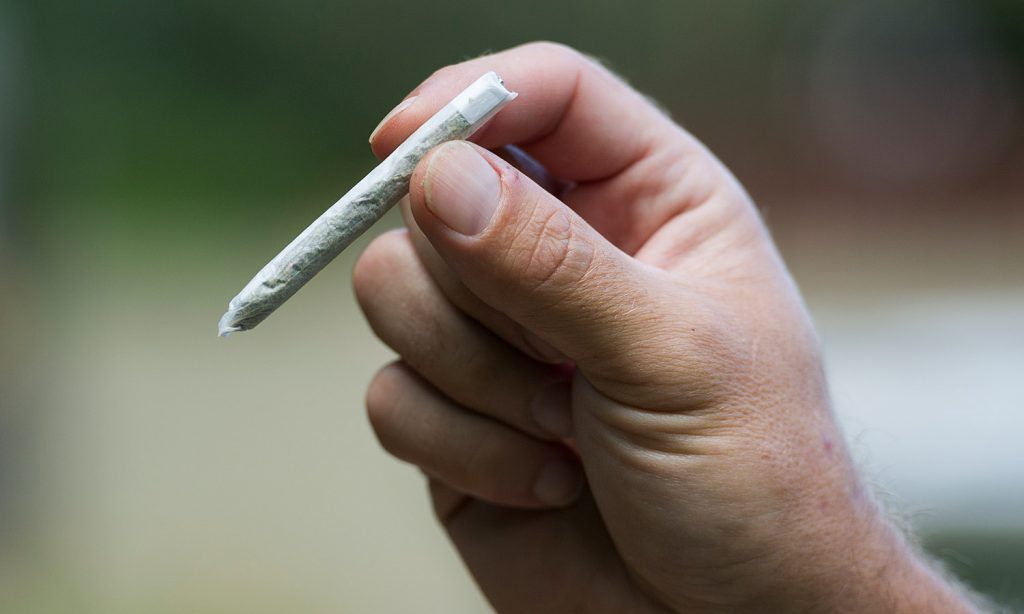Researchers found those who heavily use cannabis before the age of 16 displayed more impulsive, reckless driving.
Safe driving guidelines generally recommend waiting at least an hour per drink you’ve consumed before getting behind the wheel. But when it comes to marijuana, there’s no similar rule of thumb. But even if there were, it wouldn’t matter for some heavy marijuana users, according to recent research. Heavy marijuana users are more dangerous drivers, even when sober.
A study published in the journal Drug and Alcohol Dependence found that even when sober, chronic cannabis users are more dangerous drivers compared to non-users. The problem is most acute in those with early on-set marijuana use before the age of 16. Scientists believe that smoking cannabis at an early age causes irreparable changes to the brain, causing someone to be more aggressive in their decision making.
RELATED: How CBD And THC Affect Your Driving, According To Landmark Study
“People who use cannabis don’t necessarily assume that they may drive differently, even when they’re not high,” said co-author Staci Gruber, the director of Marijuana Investigations for Neuroscientific Discovery at Harvard Medical School. “We’re not suggesting that everyone who uses cannabis will demonstrate impaired driving, but it’s interesting that in a sample of non-intoxicated participants, there are still differences in those who use cannabis relative to those who don’t.”
To better understand what long-term effects heavy cannabis use had on the road, participants underwent a series of tests using driving simulators. Participants were also required to not use cannabis for at least 12 hours prior to the study. In the driving simulator exercises, the heavy marijuana user group were more likely to run red lights, exceed speed limits, crash into pedestrians, and make turns across the center line.

But then researchers divided the marijuana group by when they first started using cannabis. They discovered the dangerous driving behavior was mostly localized to the group who had started smoking weed before the age of 16. They also discovered the earliest cannabis users displayed more impulsivity, although they couldn’t determine whether marijuana had caused the impulsive behavior, or if their brains were already hardwired that way.
RELATED: Study: Young Marijuana Users Develop Brain Protein Linked With Stress And Anxiety
“It didn’t surprise us that performance differences on the driving simulator were primarily seen in the early onset group,” said co-author Mary Katherine Dahlger, a post-doctoral fellow Marijuana Investigations Harvard group. “Research has consistently shown that early substance use, including the use of cannabis, is associated with poorer cognitive performance.”
Dahlger added, “What was interesting was when we examined impulsivity in our analyses, most of the differences we saw between cannabis users and healthy controls went away, suggesting that impulsivity may play a role in performance differences.”


